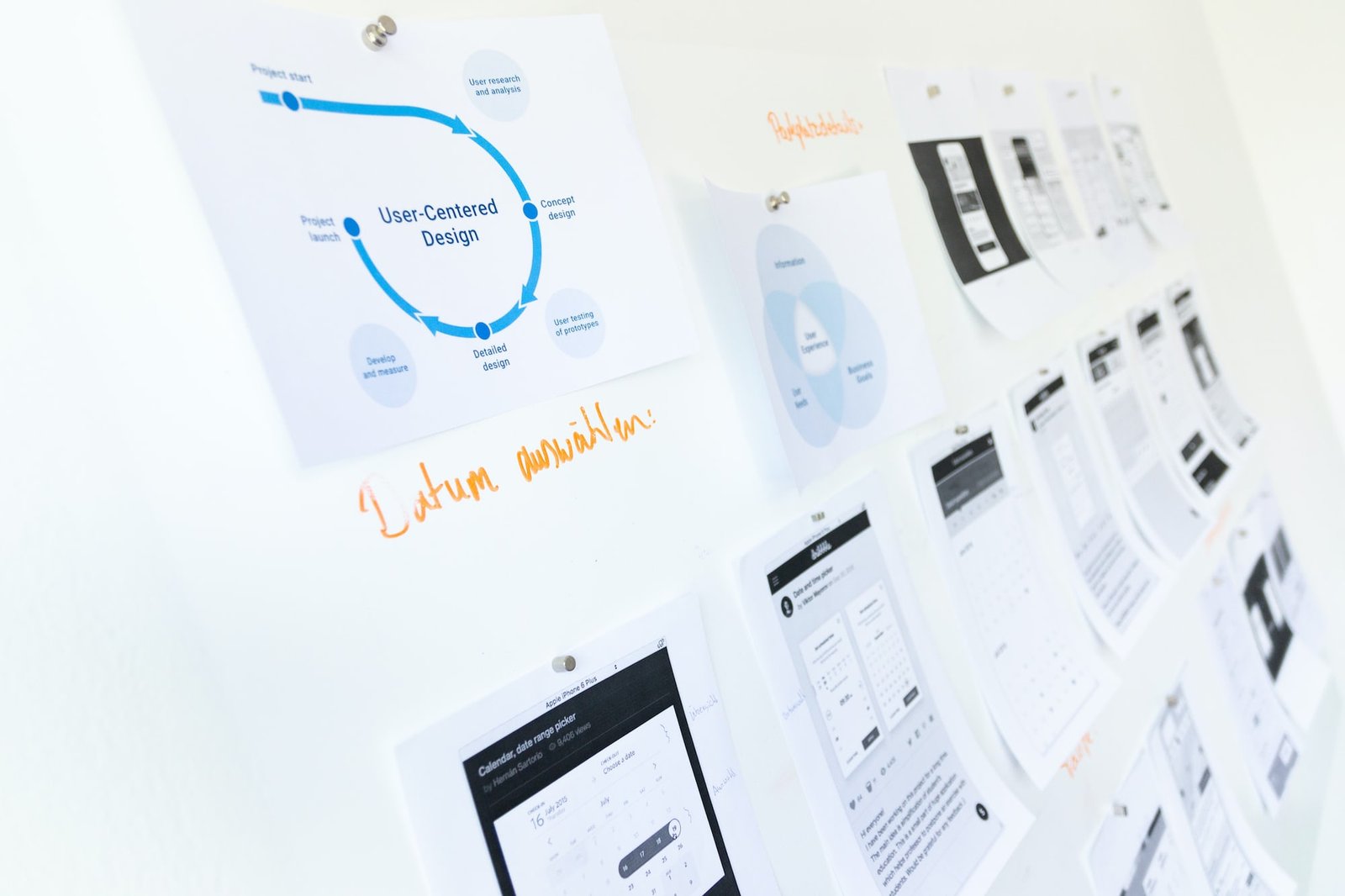WordPress vs. Blogger: A Comparison for Choosing the Right Blogging Platform

Hey there, fellow entrepreneurs and small business owners! Are you ready to dive into the exciting world of blogging? Well, you’re in the right place because today we’re going to compare two of the most popular blogging platforms out there: WordPress and Blogger. As a professional website designer specializing in WordPress solutions, I have had the pleasure of working with both platforms extensively. So, join me as we take a closer look at these two contenders and help you make an informed decision about which one is the right fit for your blogging needs.
WordPress vs. Blogger: A Comparison for Choosing the Right Blogging Platform
Introduction:
When it comes to creating and managing your own blog, you want a platform that is user-friendly, customizable, and offers all the features you need to bring your content to life. Both WordPress and Blogger have been around for quite some time and have their own unique strengths and weaknesses. In this blog post, we will explore various aspects of these platforms, including ease of use, customization options, SEO capabilities, and more, to help you make an informed decision about which one is the best fit for you.
- Ease of use:
Starting with the basics, let’s talk about the ease of use of WordPress and Blogger.
WordPress:
WordPress is known for its user-friendly interface, making it accessible to beginners and experienced bloggers alike. With its intuitive dashboard, you can easily create, edit, and publish your blog posts without any coding knowledge. The platform offers a wide range of themes and plugins that allow you to customize your blog’s appearance and functionality with just a few clicks.
Blogger:
Blogger, on the other hand, is a simpler platform that focuses on straightforward blogging. If you’re new to blogging and want a hassle-free experience, Blogger might be the right choice for you. It doesn’t require any technical expertise and allows you to quickly publish your content. However, the customization options are limited compared to WordPress.
- Customization options:
Now, let’s delve into the customization options offered by WordPress and Blogger.
WordPress:
One of the biggest advantages of WordPress is its vast collection of themes and plugins. With thousands of free and premium options available, you can easily find a design that suits your brand and customize it to make your blog stand out. Additionally, plugins allow you to add advanced features like contact forms, social media integration, and SEO optimization, giving you full control over your blog’s functionality.
Blogger:
While Blogger offers some basic customization options, it falls short compared to WordPress. You can choose from a limited number of templates and make minor tweaks to the layout and color scheme. If you’re looking for more advanced customization, you might find yourself limited by the platform’s capabilities.
- SEO capabilities:
In today’s competitive online landscape, having a blog that is search engine optimized is crucial. Let’s see how WordPress and Blogger stack up in terms of SEO capabilities.
WordPress:
WordPress is often hailed as the SEO-friendly platform, thanks to its robust plugin ecosystem. Popular plugins like Yoast SEO provide you with powerful tools to optimize your blog’s content, meta tags, and keyword usage. Additionally, WordPress allows you to create custom URLs, meta descriptions, and alt tags, giving you greater control over your search engine rankings.
Blogger:
While Blogger does offer some basic SEO features, it doesn’t provide the same level of customization and control as WordPress. You can add meta tags and descriptions to your posts, but you won’t have access to advanced SEO plugins that can help you fine-tune your content for better search engine visibility.
- Support and community:
When it comes to troubleshooting issues and seeking support, having a strong community and support system can make a world of difference. Let’s see how WordPress and Blogger fare in this aspect.
WordPress:
WordPress boasts a massive community of developers, designers, and bloggers who actively contribute to its growth. This means you can easily find answers to your questions, seek help on forums, and tap into a wealth of resources, including tutorials and guides. Additionally, WordPress has an extensive documentation and support system to assist you in case you run into any problems.
Blogger:
While Blogger doesn’t have the same level of community support as WordPress, it is backed by Google, which provides reliable hosting and infrastructure. If you encounter any issues, you can rely on Google’s support channels to assist you. However, the community aspect may be lacking compared to WordPress.
Conclusion:
So, which blogging platform should you choose? The answer ultimately depends on your specific needs and preferences. If you’re looking for a highly customizable platform with powerful SEO capabilities, WordPress is the clear winner. On the other hand, if you prioritize simplicity and a hassle-free experience, Blogger might be the better choice.
Consider your technical expertise, the level of customization you require, and your long-term blogging goals when making your decision. Remember, both platforms have their own strengths and weaknesses, and what works for one person may not work for another.
No matter which platform you choose, the most important thing is to start sharing your unique voice with the world. Happy blogging!
FAQ:
-
Can I switch from Blogger to WordPress?
- Yes, you can easily migrate your blog from Blogger to WordPress using tools and plugins specifically designed for the process. There are plenty of resources available online to guide you through the migration process step by step.
-
Can I monetize my blog on both platforms?
- Yes, you can monetize your blog on both WordPress and Blogger. You can integrate advertising networks, such as Google AdSense, and leverage affiliate marketing to generate revenue from your blog.
-
Are there any additional costs associated with using WordPress?
- While WordPress itself is free to use, you may incur costs for domain registration, web hosting, premium themes, and plugins. These costs vary depending on your specific requirements and preferences.
-
Can I use my own domain name with both platforms?
- Yes, both WordPress and Blogger allow you to use your own custom domain name for your blog. This helps in branding your blog and giving it a professional touch.
-
Can I import my existing blog posts to WordPress or Blogger?
- Yes, both platforms offer import features that allow you to transfer your existing blog content seamlessly. Whether you’re switching from one platform to another or migrating from a different blogging platform, you can easily bring your content along.


